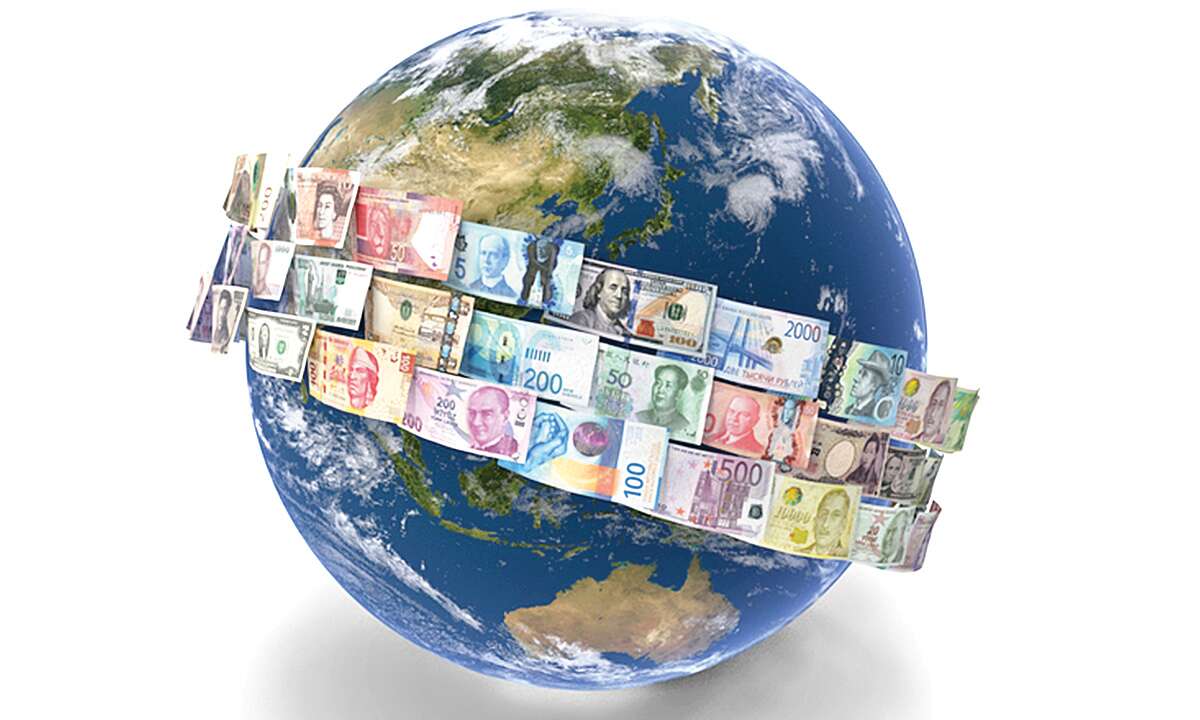RBI aims to turn the rupee global, approving international currency transactions.

The RBI aims to turn the rupee global by approving international currency transactions. The Finance Ministry intended to hold a conference with relevant parties, including banks and the Ministries of External Affairs and Commerce, to discuss ways to promote international trade in rupees as opposed to US dollars.
The meeting will be attended by members of the Reserve Bank of India, the representative organization of banks, the Indian Banks Association, and business associations, according to PTI, on Tuesday, September 6. The story quoted sources and stated that exporters will be asked to negotiate rupee trade with banks.

The RBI said in a circular on July 11 of this year that it has decided to “establish an alternative mechanism for invoicing, payment, and settlement of exports and imports in INR.” The goal, according to the RBI, was to “encourage the growing interest of the world trading community in INR and to promote the expansion of global commerce with a focus on exports from India.”
While it was predicted that allowing trade settlements in rupees between India and other countries would primarily increase commerce with Russia, it was also expected to stop the flow of dollars and restrict the depreciation of the rupee to a “very limited level.” To settle trade transactions with any country, Indian banks would open Vostro accounts with correspondent banks of those partners. Indian importers can deposit INR into these accounts to pay for their goods.
Then, by utilizing these import income receipts, Indian exporters may be compensated in INR. A Vostro account is one that a correspondent bank manages on behalf of another bank. For instance, SBI in India manages the Vostro account for HSBC. Except for countries like Nepal and Bhutan, a company’s exports and imports are currently always made in foreign currency.
Therefore, the Indian corporation must pay for imports in a foreign currency, often dollars, but also possibly pounds, euros, or yen. When an Indian firm exports, it is compensated in foreign currency, which changes to rupees since, in most situations, it requires rupees for its purposes. Although it wasn’t stated in the RBI order, it was anticipated that Russia would be the main beneficiary of the arrangement.
After the conflict in Ukraine, sanctions were placed on Russia, and it was also removed from the SWIFT system (a system used by banks for payments in foreign currency). According to Madan Sabnavis, the Bank of Baroda’s chief economist, this would benefit both Russia and India because payments wouldn’t have to be made in foreign currency.
According to Sabnavis, it is unlikely that the agreement would be expanded to include additional nations. He said that Sri Lanka may also need payment in dollars or another foreign currency, saying “We may wish to, but others may not accept it since they may need foreign money to pay for their goods.” The agreement was not anticipated to significantly slow down the rupee’s decline. The rupee has been losing value versus the dollar, as with other world currencies, and the overall trend has been toward a steady decline for several months.

India’s Reserve Bank (RBI) has made it possible for imports and exports to be expressed in rupees. As a result, traders’ exposure to foreign exchange risk would be reduced, and it would be easier to overcome payment barriers while conducting business with Russia. Additionally, it will lessen the need for money.
The new approach provides a market-based exchange rate between two trading partners. Since sanctions were implemented, trading with Russia has largely ceased due to payment difficulties. Russia’s payment issues are improving as a result of the trade facilitation system implemented by the RBI. Exporters have been waiting for a payment system with Russia to start delivering things like pharmaceuticals and food that are not subject to restrictions.
A specific rupee Vostro account that Indian banks are permitted to operate on behalf of international partners is what a trade partner will receive or pay into if they accept to be billed in rupees. An account created by a domestic bank on behalf of a foreign bank is known as a Vostro account.
The export partner may utilize the money in the rupee account to conduct business with anyone who takes rupees. The ultimate settlement must be made in free foreign exchange, except for Nepal and Bhutan, according to existing foreign exchange legislation, according to A. Sakthivel, head of the Federation of Indian Export Organizations, said, “Now the ultimate settlement for all nations can be in Indian currency if permitted by the RBI,” he said. He went on to remark that given the serious cash shortages that some countries in Africa and South America were facing, the measure was timely. It would also be necessary for the government to specify whether or not current incentives for foreign exchange earners are still available.
Bankers claim that rupee invoicing would reduce foreign exchange risks because of how volatile the dollar has been and how many other currencies have hit new lows against it. Nothing will change in a single day. According to the speaker, if you look at how the Chinese yuan was internationalized, you will notice that many measures were taken gradually. He expected more steps to increase rupee trading and introduce international financial markets to GIFT City. It would be essential to convince trading partners to accept rupees.

The RBI will need to provide its approval before banks can use this method. According to the RBI, “it has been decided to put in place an additional arrangement for invoicing, payment, and settlement of exports and imports in rupee to promote the growth of global trade, with an emphasis on exports from India, and to support the growing interest of the global trading community in the Indian rupee.”
Edited by Prakriti Arora





